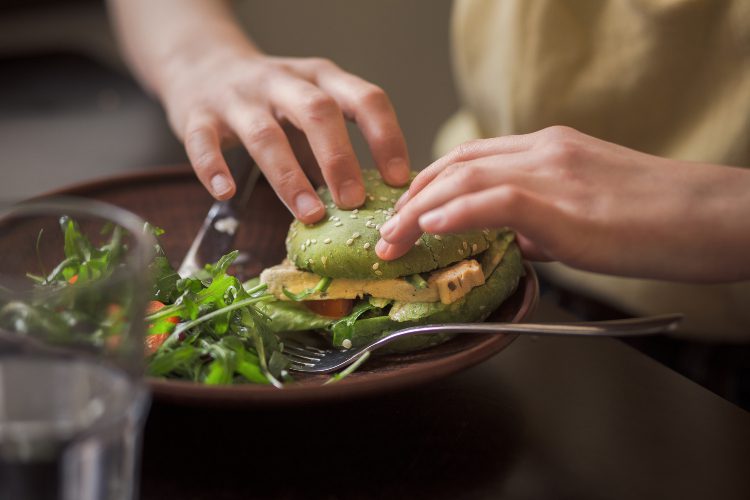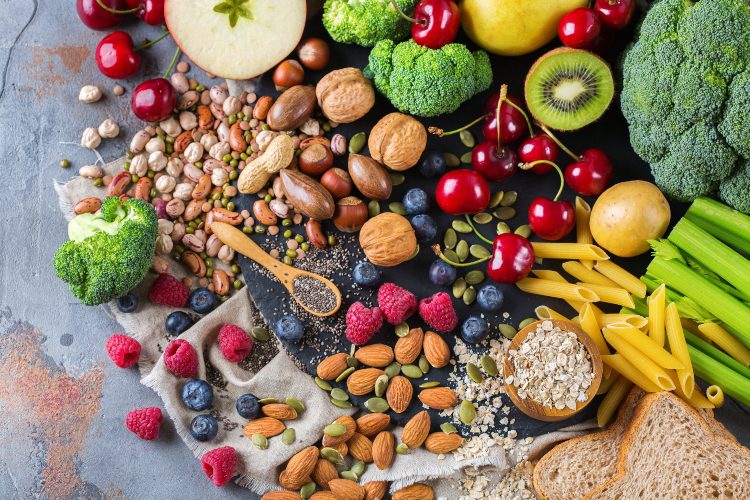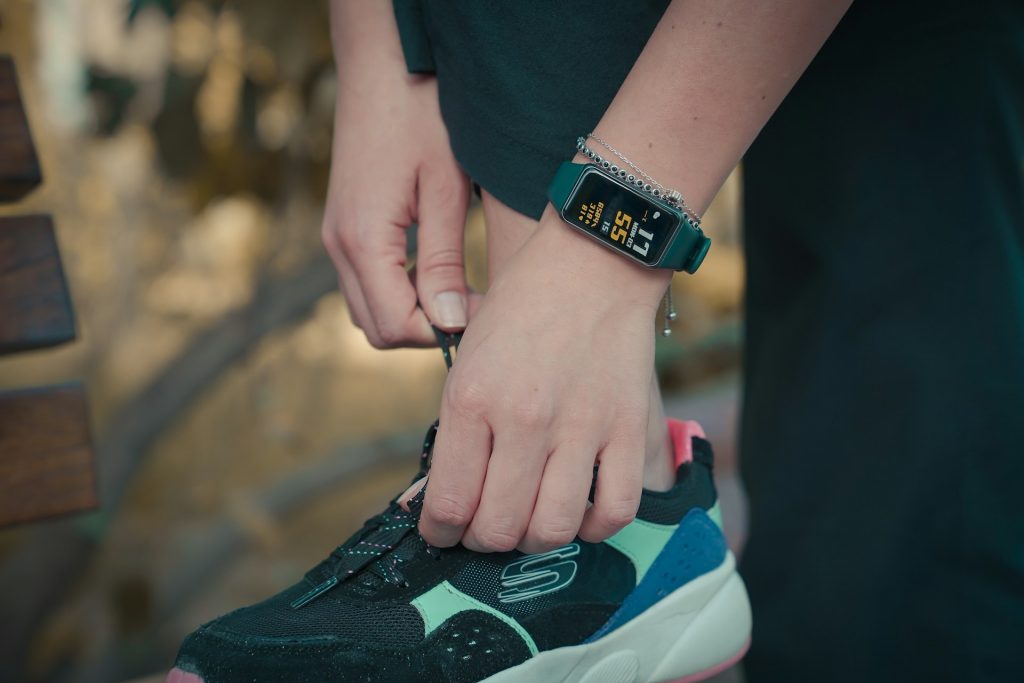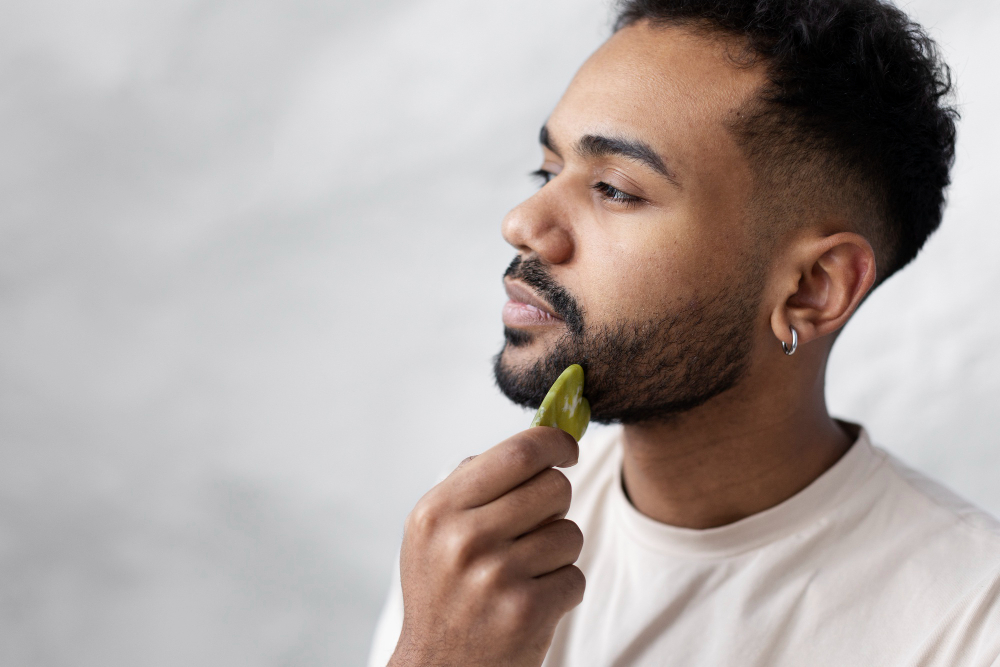
RossHelen/Shutterstock
A vegan diet might seem like a huge challenge. But it's actually very easy to start cutting out animal-based products while remaining as healthy as ever. Both taste- and nutrient-wise, a vegan lifestyle is worth trying.
Feeling Satisfied With Your Vegan Diet

Lipik Stock Media/Shutterstock
How can one be completely happy without meat, eggs, and dairy? Well, there are several tips to follow in a vegan diet for ultimate satisfaction. First of all, fill the diet with vegetables, fruits, legumes, and whole grains. Don’t bring focus to what’s missing—rather, look at veggies and greens as the base of the diet. Thankfully, these ingredients are packed with various vitamins and minerals. Plus, vegetables and fruits are delicious!
No vegan who plans out their meals will struggle with calories, as they will receive enough fiber and other nutrients. Balanced meals with beans, greens, and colorful vegetables include vitamins A, C, K, lycopene, anthocyanins, and so on. To make things even more healthy, try to find whole-grain products. Change out white pasta and bread for brown rice, quinoa, chia seeds, and whole-grain pasta. These substitutes contain extra fiber as well as vitamin B.
Here's one great meal idea that works for different tastes: a grain bowl! Brown rice or quinoa taste delicious with beans and roasted vegetables of all kinds. When it comes to breakfasts, make some oatmeal with vegan milk, add chia seeds, and top it with nuts and fruits. These outstanding mixes won't leave any foodie disappointed. Moreover, you’ll feel prepared for a busy day with a full stomach and energized body!
What Matters Most

Antonina Vlasova/Shutterstock
Now that we've learned how to feel satisfied with a vegan diet, let’s dive deeper into nutrients and vitamins. Some claim that there’s no protein in plant-based food. But that's not true—there are a ton of vegan sources of protein, including tofu, tempeh, edamame, lentils, chickpeas, and beans, as well as nuts and seeds. Women should get 46 grams of protein daily, while men should eat 56 grams, according to the Institute of Medicine. That said, eating half a cup of oatmeal, two tablespoons of peanut butter, half a cup of chickpeas, a cup of quinoa, some almonds, and one cup of spaghetti topped with tofu would easily meet this daily protein intake. This list of products may look like a lot, but the variety of them makes the diet fun.
Aside from protein, there are also other nutrients to look for, like omega-3 fatty acids and vitamin D. Mostly found in fish and dairy products, these can also be found in some non-dairy milks and breakfast bars for vegans. The same goes for iron and B12. Essential for bones and brain development and function as well as energy, these nutrients are commonly found in meat, poultry, eggs, and other animal products. That's why some plant-based diets should be supported by supplements. But that doesn't just go for vegans. Often, meat-eaters also have to take supplements for health reasons.
However, before implementing supplements into your diet, consult with your doctor. Nutrient blood tests can easily identify if someone on a vegan diet needs to have more vitamins and nutrients—taking supplements without a test can result in unfortunate toxicities.
Sources: EatingWell, HealthLine, I Love Vegan, MSN



